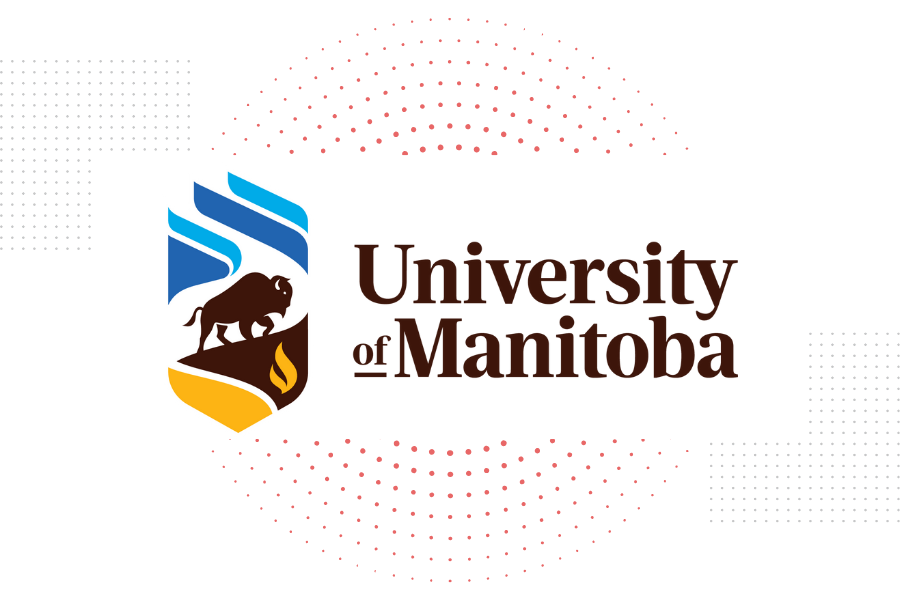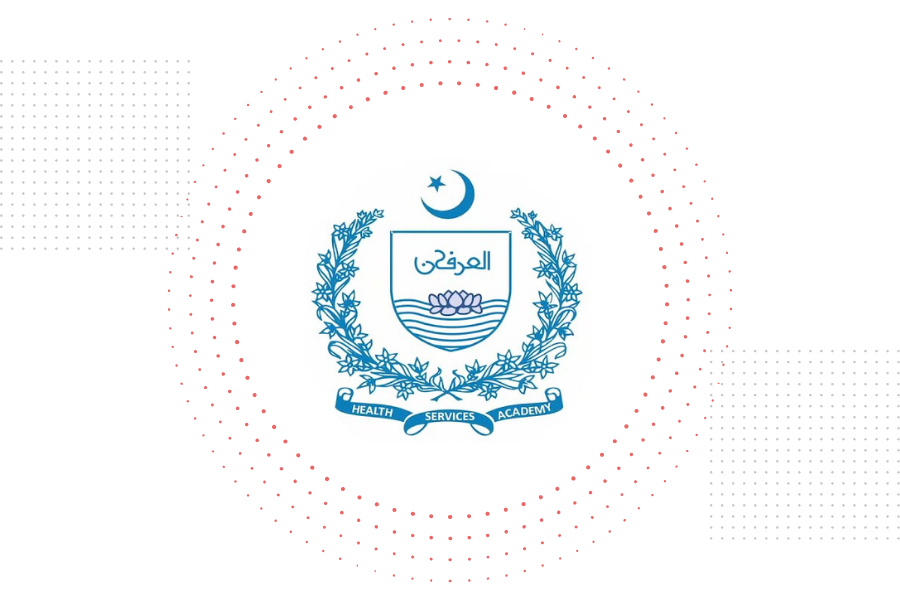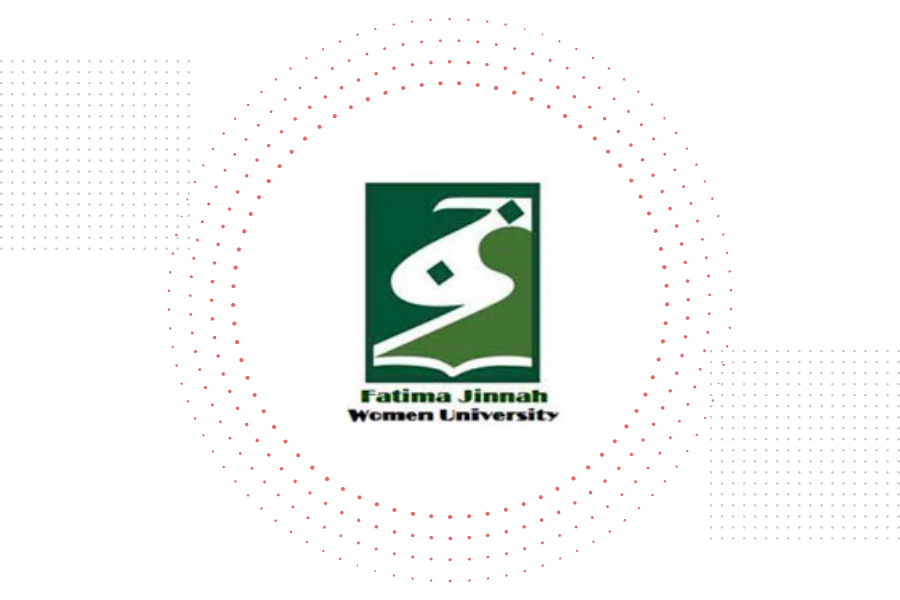Our Partners
CGPH-Pakistan focuses on establishing sustainable, synergistic partnerships with national and local governments, academic and research institutions, civil society organizations & other implementing partners.
CGPH typically collaborates with three categories of Partners:
Government Partners
Partnerships with national and provincial governments aim to support their context-specific public health goals, set research agendas to identify, measure, and address critical gaps, and facilitate the uptake of relevant evidence into public health policies and programs. Few of the partners are:-
- Ministry of National Health Services Regulation and Coordination (Learn more)
- ICT District Health Department
- National AIDS Control Programme
- Provincial AIDS Control Programmes
- Provincial Health Departments of Punjab & Khyber Pakhtoonkhwa
- Prison Departments of Sindh & Khyber Pakhtoonkhwa
Academic and Research Institution Partners
Academic partnerships draw upon expertise from diverse geographies and disciplines and contribute to the development of relevant research agendas and methodologies that can address questions prioritized by public health programs, facilitate large-scale data sharing, introduce diverse areas of expertise, and leverage specialized knowledge and methodologies to enable effective programming.
- University of Manitoba, Canada.
- Health Services Academy.
- Fatimah Jinnah Women University.
- IGPH at University of Manitoba (Learn more)
Non-Governmental and Not for profit partners
Non-governmental and not for profit organizations provide learning, support, and guidance for integrating research elements into programs, translate evidence into action, and focus on scaling up and optimizing effective coverage of service delivery.
- Agha Khan University
- Grand Challenges Canada (GCC)
- WHO EMRO
- WHO Pakistan
- UNODC
- UNAIDS
- UNICEF
- Technical Resource Facility (TRF)
- Plan Pakistan
- World Vision
- Mercy Corps
- Marie Stopes Society (MSS)


